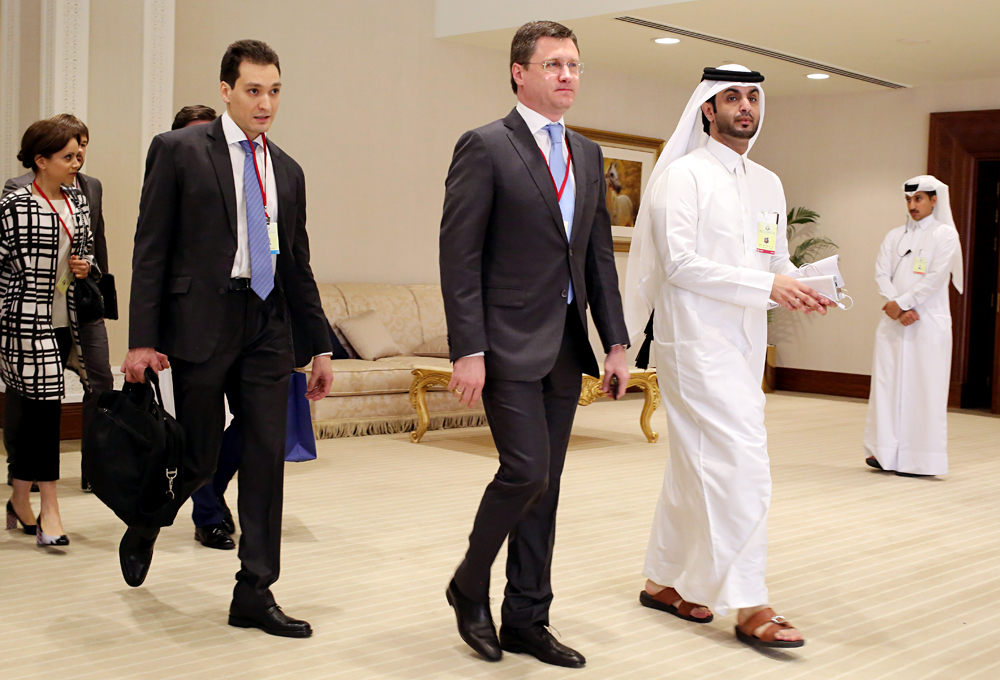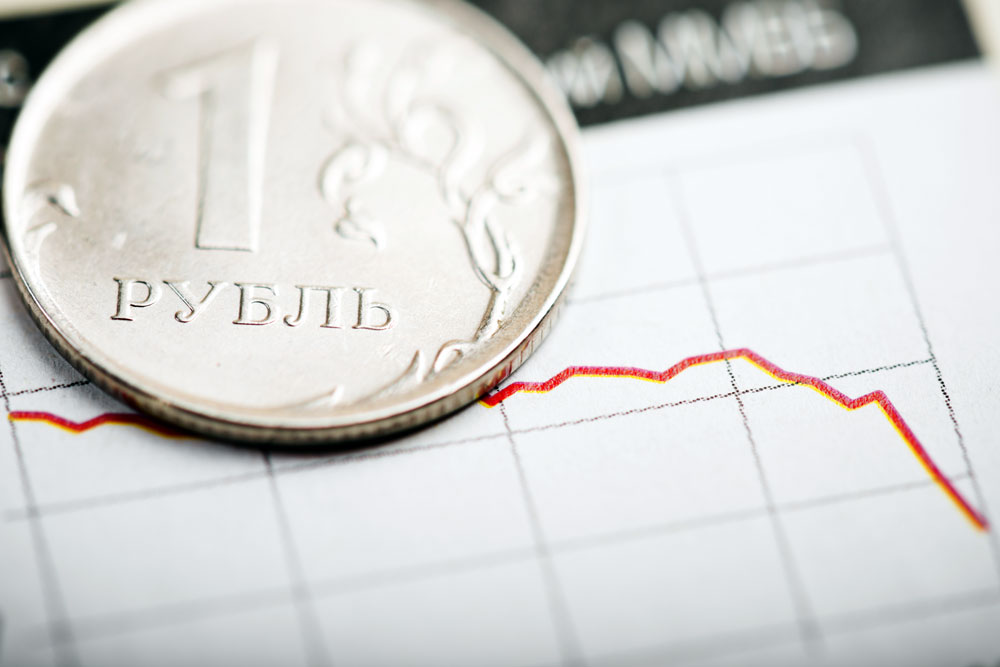Oil prices remain stable despite lack of progress in Doha

Russian Energy Minister Alexander Novak, center, arrives at an oil-producers' meeting in Doha, Qatar, on April 17, 2016.
APDespite the world’s leading oil producers’ inability to reach an agreement on the freezing of crude output at talks in Doha on April 17, Russian observers insist that the meeting cannot be considered a failure – the results were predictable.
Commodity exchanges barely reacted to the meeting in the Qatari capital – oil prices fluctuated within the daily margin of error and averaged $41 per barrel.
"This means that the results of the negotiations did not give clear guidelines to the market, [therefore,] speculators will no longer react strongly to such meetings in the future," said Alexander Pasechnik, head of research at the National Energy Security Fund.
According to him, oil prices will fluctuate at around $40-45 per barrel in the near future, and this price range is quite tolerable for the Russian budget.
Why has oil risen from the bottom?
Oil prices have only been able to reach a tolerable level for the Russian budget in the last two months – as the Qatar meeting was being prepared. Discussions on the possibility of freezing production levels for key exporting countries began in mid-February. Since then, prices have begun to steadily increase from $32 per barrel on Feb. 16 to $44 on April 12.
However, fundamental factors have had their effect as well, said Pasechnik, pointing out that investment in complex projects (shale oil and shelf development) have been postponed, which already sets a limit on oil supply.
In addition, the period of low oil prices has sparked demand. China, for example, raised the bar on oil imports in the first quarter of this year, which also stimulates global demand.
"Taken together, these factors have reduced the effect of overstocking, which was experienced by the market in early January (2 million barrels daily were surpluses). These surpluses have decreased by now," said Pasechnik.
What factors will affect oil in the future?
“The oil market may be in turmoil, since there are three other unpredictable factors, which affect the price," said Sergei Pravosudov, director of the Russian National Energy Institute.
"Prices will depend on how much oil output falls in the U.S., how Iran and Iraq increase it at the same time and at what rate global demand for oil grows," he said.
"In fact, negotiators in Doha spoke about nothing," added Pravosudov: Key oil powers, except for Iraq and Iran, are not going to increase production in any case.
"Russia cannot physically increase production because it has been at a maximum for many years," he said. "Saudi Arabia also has been producing at maximum output, although the Saudis claim that they have additional possibilities – but no one can confirm or deny it.”
Top economist: Russia must forget it has oil resources in the short term>>>
Subscribe to get the hand picked best stories every week
All rights reserved by Rossiyskaya Gazeta.
Subscribe
to our newsletter!
Get the week's best stories straight to your inbox
